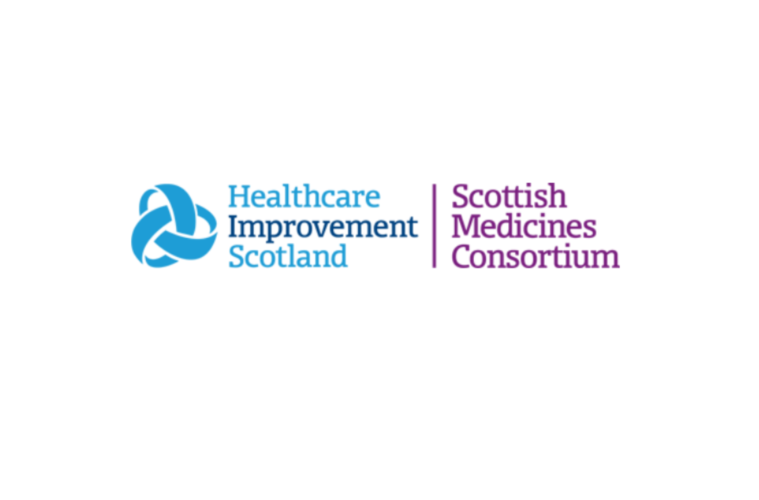Scottish Medicines Consortium (SMC) has accepted PROSTAP® SR DCS & PROSTAP® 3 DCS (leuprorelin acetate) to treat early and advanced breast cancer.
Leuprorelin acetate belongs to a family of drugs called gonadotrophin-releasing hormone (GnRH) agonists which is used as adjuvant treatment in combination with tamoxifen or an aromatase inhibitor for endocrine responsive early stage breast cancer and in advanced breast cancer suitable for hormone manipulation. In patients with breast cancer cells that have oestrogen receptors (ER) – about 70 per cent of cases of breast cancer – it is important to lower the levels of oestrogen in the body to stop the cancer cells from growing.
Leuprorelin acetate works by suppressing the release of luteinising hormone (LH) and follicle stimulating hormone (FSH) and offers an additional treatment choice as its dosing regimen means that suitable patients with early-stage breast cancer require four clinic visits a year, up to thirteen visits a year as with other GnRH agonists licenced for breast cancer.
‘As a GP,’ said Dr Roger Henderson, GP in Dumfries and Galloway, ‘I find that being able to use PROSTAP® 3 DCS in women with early breast cancer helps to reduce both the number of times a woman with early breast cancer needs to visit the hospital and the stress associated with these, while maintaining efficacy of treatment.’
GnRH agonists are an important part of treatment for women with oestrogen receptor positive breast cancer. In patients with early breast cancer, the combination of (GnRH) agonists with the peripheral oestrogen antagonist, tamoxifen results in a significant benefit in recurrence-free survival and overall survival, while the regime in those with advanced breast cancer has been shown to prolong progression-free survival.


